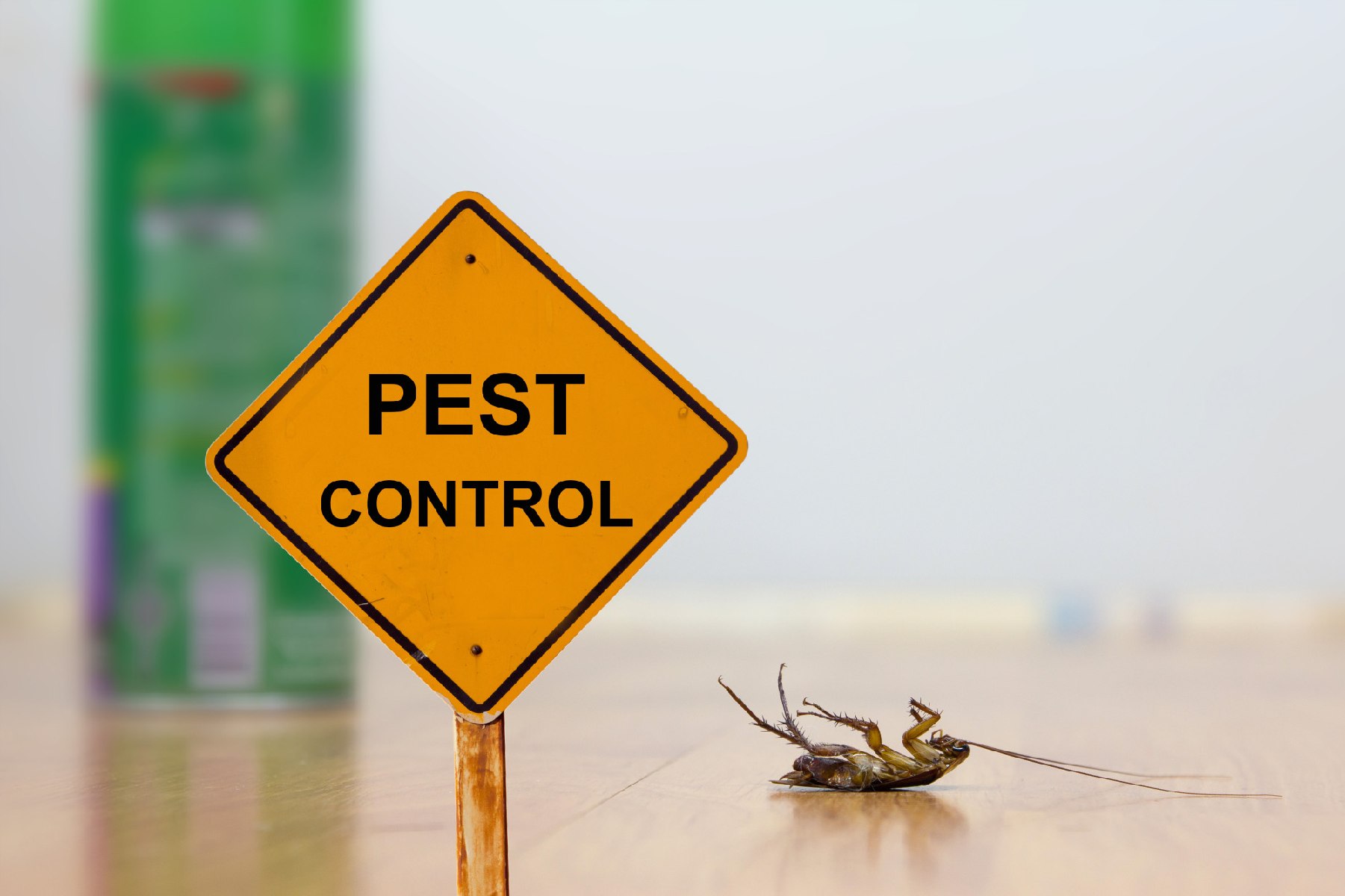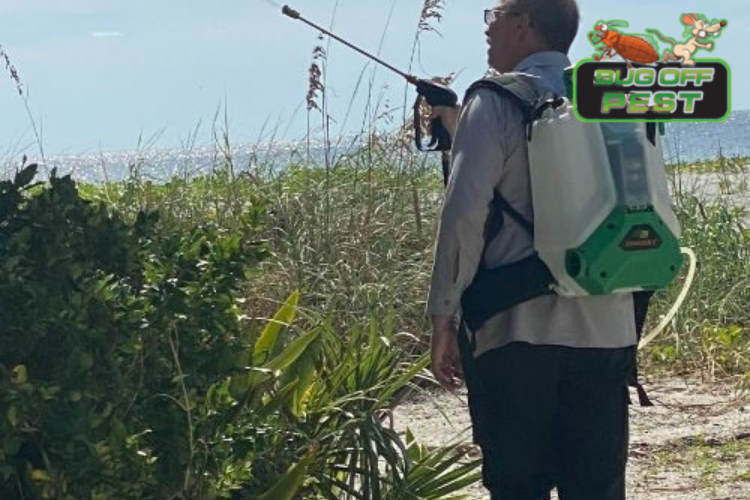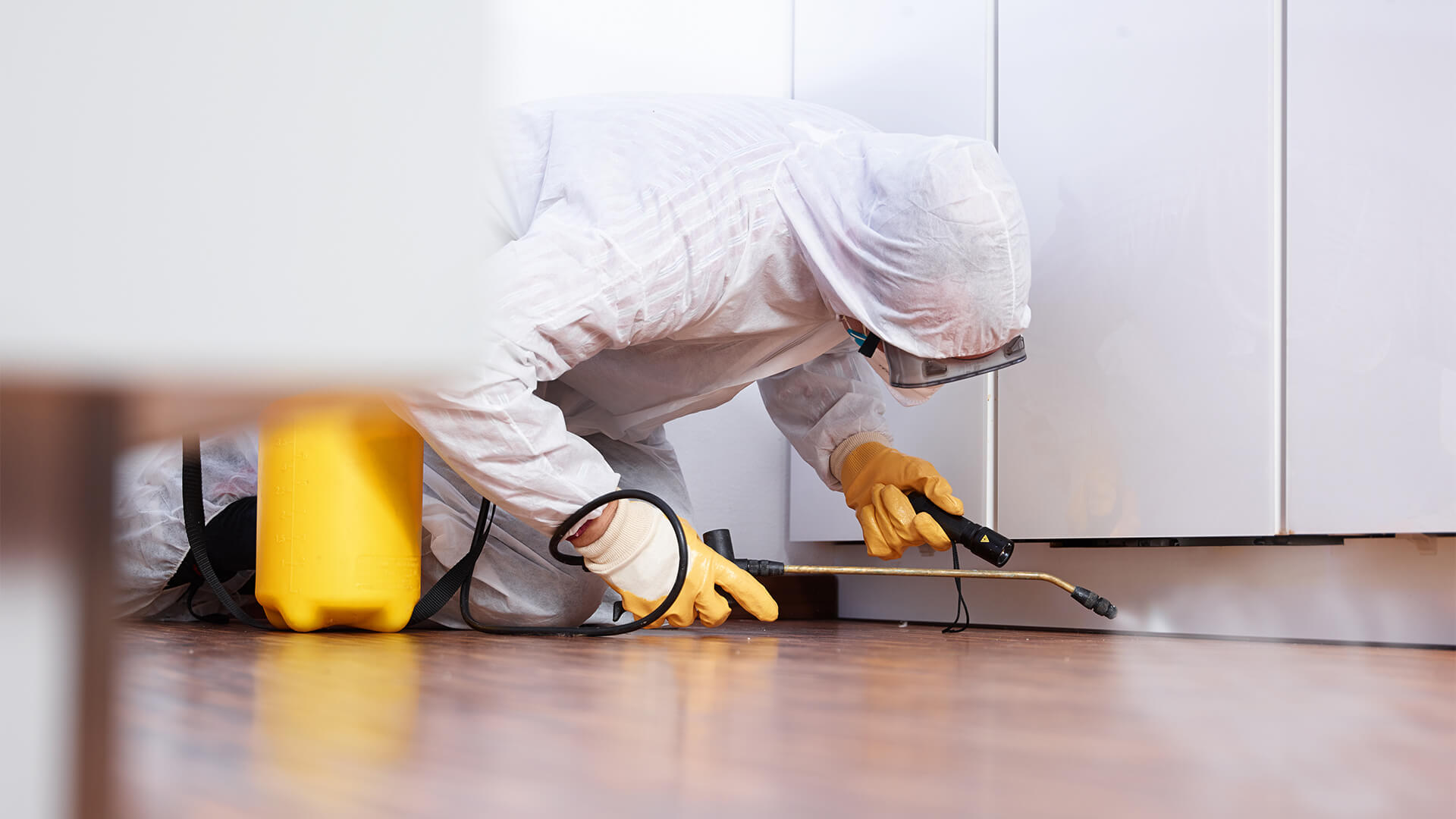Eliminate pests with certified Pest Control in Port Charlotte ASAP.
Eliminate pests with certified Pest Control in Port Charlotte ASAP.
Blog Article
Exploring Ingenious Techniques and Products for Efficient Bug Control
The landscape of pest control is progressing, noted by the emergence of innovative strategies and products made to enhance effectiveness and sustainability. From smart traps outfitted with innovative tracking systems to organic methods that utilize natural killers, these developments provide a paradigm change in how we approach pest administration. Environmentally friendly chemical choices and pheromone interruption techniques offer targeted solutions that straighten with environmental stewardship. As the market grapples with these developments, a closer assessment exposes not just their effects however additionally the possible challenges that may emerge in their execution.
Smart Traps and Keeping Track Of Solutions
Just how can modern technology enhance pest monitoring? One substantial advancement is the growth of clever catches and monitoring systems, which give real-time data and analytics for effective parasite control. These systems use sensing units and wireless modern technology to find parasite task, notifying residential property managers and insect control professionals to infestations prior to they rise.
Smart traps are furnished with attributes such as bait stations that attract parasites and capture them effectively. These catches can be monitored remotely, permitting prompt interventions and lessening the need for substantial chemical applications. The combination of equipment learning formulas enables these systems to differentiate between target parasites and non-target varieties, enhancing the precision of bug control steps.
Furthermore, the information gathered from smart traps can be assessed to determine patterns in pest actions and ecological factors adding to problems (Pest Control in Port Charlotte). This information is vital for developing targeted pest monitoring approaches customized to details environments. By embracing clever traps and keeping track of systems, insect control specialists can enhance their functional efficiency and lower the ecological influence of pest monitoring, eventually leading to much safer and more sustainable techniques in the market
Organic Pest Control Techniques
Using natural predators and parasites, organic bug control techniques use an eco friendly choice to chemical treatments. This technique involves the introduction or improvement of specific microorganisms that can naturally control insect populations, therefore reducing reliance on synthetic pesticides. Common instances consist of the use of ladybugs to control aphid invasions and parasitic wasps to target caterpillars.

Biological control can be categorized right into three primary methods: classical, augmentative, and conservation. Classical organic control involves importing all-natural enemies from the parasite's indigenous habitat, while augmentative control involves enhancing the population of existing natural opponents with releases. Conservation approaches concentrate on producing conditions that support these helpful microorganisms in the environment.
It frequently requires a thorough evaluation of insect dynamics and the life cycles of both the parasites and their natural adversaries. As understanding of ecological concerns grows, biological pest control techniques are progressively recognized for their sustainable duty in incorporated bug administration programs.
Eco-Friendly Chemical Alternatives
Environment-friendly chemical options give a feasible solution for bug monitoring that minimizes ecological impact while efficiently managing parasite populaces. These choices are originated from natural resources and are meticulously created to target details pests without damaging beneficial organisms, making them a necessary component of lasting insect control methods.
Among the most reliable green options are plant-based insecticides, such as neem oil and pyrethrin, which are acquired from the seeds and flowers of different plants. These substances interfere with the life cycles of parasites, lowering their populaces without the toxic effects connected with traditional chemicals - Pest Control in Port Charlotte. Furthermore, essential oils like pepper mint and clove oil display repellent residential properties, additionally improving their utility in parasite administration

Furthermore, eco-friendly chemical options frequently break down faster in the setting, lowering the danger of dirt and water contamination. This particular aligns with the boosting customer need for sustainable methods in farming and metropolitan parasite control. As research study remains to development, the advancement of innovative green formulations will certainly better improve effectiveness and expand application locations, allowing pest management professionals to adopt greener, much more accountable techniques in their practices while protecting human health and wellness and the setting.
Scent Interruption Strategies
An additional innovative method in sustainable bug administration is making use of scent disturbance strategies. These approaches manipulate the all-natural chemical signals, or scents, that pests make use of for communication, specifically in breeding actions. By interfering with these signals, insect visit this site populations can be effectively managed without resorting to damaging chemicals.
Scent traps are commonly used in this technique. These traps use artificial variations of insect scents to entice male bugs, therefore minimizing their capacity to find females and replicate. In time, this can bring about a substantial decline in bug populaces. Furthermore, the launch of repellent pheromones can produce complication among pests, additionally preventing their breeding procedures - Pest Control in Port Charlotte.

Integrated Pest Administration Methods
Efficient parasite control often calls for an extensive strategy, and Integrated Pest Management (IPM) link techniques provide a framework for attaining this objective. IPM incorporates different management methods to reduce parasite populaces while lowering dependence on chemical pesticides. This diverse technique starts with complete monitoring and identification of insects, allowing for targeted interventions based upon specific insect stress.
Cultural practices, such as crop rotation and sanitation, play a crucial duty in avoiding bug facility. Organic controls, including all-natural predators Related Site and parasitoids, are employed to keep parasite populations at convenient degrees. When necessary, careful chemical therapies are used, highlighting reduced toxicity to non-target types and the environment.
Additionally, education and learning and outreach are important parts of IPM, advertising recognition amongst stakeholders regarding sustainable practices and pest life process. The versatility of IPM enables professionals to react successfully to transforming pest characteristics and ecological conditions. By using this alternative strategy, IPM not just boosts parasite control effectiveness however additionally adds to lasting environmental equilibrium. Eventually, Integrated Pest Management represents a forward-thinking solution that lines up agricultural performance with ecological stewardship, making it essential in modern parasite control methods.

Conclusion
In final thought, the assimilation of cutting-edge techniques and items for reliable insect control represents a considerable improvement in sustainable pest administration. Smart traps and keeping an eye on systems, organic insect control methods, environmentally friendly chemical choices, and scent disturbance strategies jointly enhance the performance of pest management strategies. By taking on these approaches, the reliance on traditional chemicals can be reduced, advertising ecological health while making certain reliable pest control. Proceeded r & d in these locations will certainly further boost pest administration practices.
Report this page